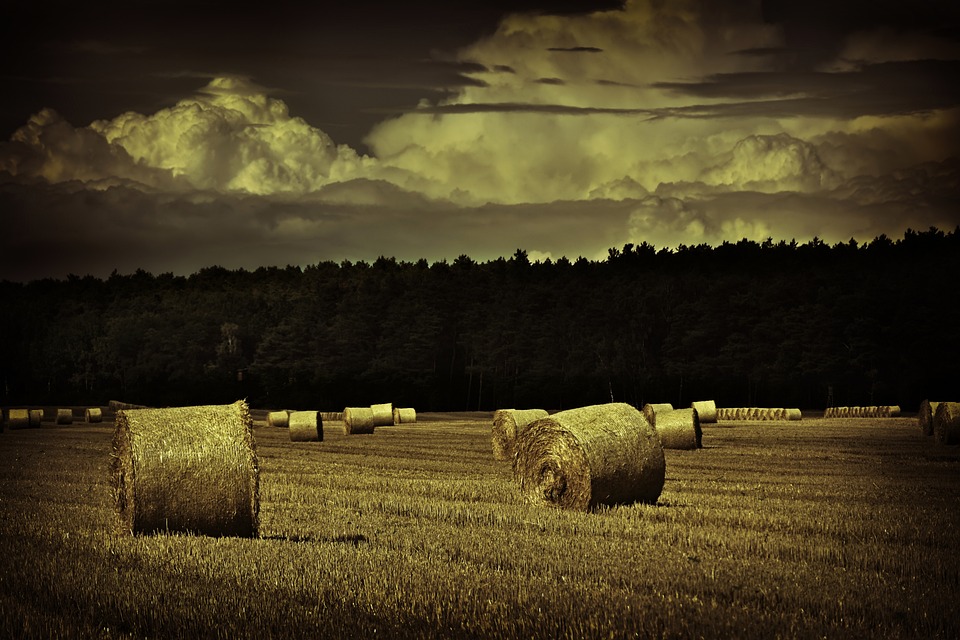The Power of Drama
Drama has been a cornerstone of human storytelling for centuries. From ancient Greek tragedies to Shakespearean plays to modern-day television shows and movies, we are constantly drawn to stories that captivate us with conflict, tension, and emotional depth. But why exactly are we so enthralled by dramatic narratives? What is it about stories of struggle and strife that resonates so deeply within us?
Emotional Engagement
One of the key reasons we are drawn to drama is the emotional engagement it provokes. When we watch a story unfold on screen or on stage, we become invested in the outcome of the characters. We feel empathy for their struggles and root for them to overcome obstacles. This emotional connection creates a sense of suspense and tension that keeps us on the edge of our seats, eagerly awaiting the resolution of the conflict.
Identification and Catharsis
Another reason we are drawn to drama is our tendency to identify with the characters and their experiences. As we watch a character face challenges and obstacles, we see reflections of our own struggles and fears. This sense of identification allows us to process and understand our own emotions in a safe and controlled environment. In a way, watching drama can be cathartic, as it allows us to release pent-up emotions and gain insights into our own lives.
The Role of Conflict in Drama
At the heart of every dramatic story is conflict. Conflict is what drives the narrative forward, creating tension and suspense that propels the characters towards their goals. But why do we find stories of conflict so compelling?
Conflict as a Catalyst for Change
Conflict is often portrayed as a necessary catalyst for change and growth. In drama, characters are pushed to their limits by facing challenges and obstacles. It is through these trials that they are able to grow, evolve, and ultimately achieve their goals. As viewers, we are drawn to the transformation that occurs as a result of conflict, as it mirrors our own struggles and triumphs in life.
Conflict as a Source of Drama
Conflict also serves as the foundation of drama itself. Without conflict, there would be no tension, no suspense, and no emotional engagement. Conflict creates the stakes of the story, raising the question of whether the characters will succeed or fail. It is this uncertainty that keeps us hooked, eager to see how the conflict will be resolved and what the consequences will be.
The Appeal of Tension in Drama
In addition to conflict, tension is another key element of drama that draws us in. Tension is created through the anticipation of what will happen next, the fear of the unknown, and the suspense of unresolved conflicts. But why do we find tension so appealing in storytelling?
Tension as a Source of Excitement
Tension creates a sense of excitement and anticipation that keeps us engaged in the story. We are constantly on edge, wondering how the characters will navigate the challenges they face and what the outcome will be. This sense of unpredictability adds a thrill to the narrative, keeping us invested in the story from beginning to end.
Tension as a Reflection of Life
Furthermore, tension in drama often mirrors the complexities and uncertainties of real life. Just as we face challenges and obstacles in our own lives, characters in dramatic stories must navigate conflicts and tensions in order to achieve their goals. This parallel between fiction and reality allows us to gain insights into our own struggles and fears, making the story resonate on a deeper level.
Conclusion
Overall, the psychology of drama is a complex and fascinating subject that sheds light on why we are so drawn to stories of conflict and tension. From the emotional engagement and identification with characters to the role of conflict and tension in driving the narrative forward, drama taps into our deepest emotions and desires, providing us with a mirror to reflect on our own lives. So the next time you find yourself swept away by a gripping story, take a moment to consider the psychological forces at play and the ways in which drama speaks to our shared human experience.
